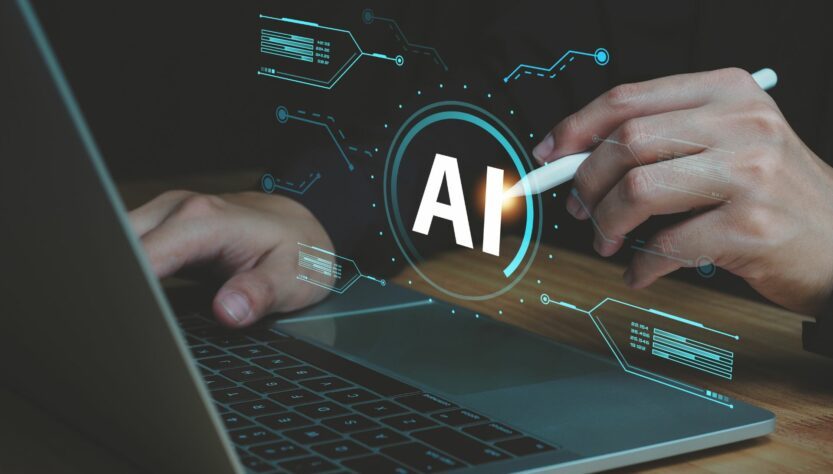In the rapidly evolving landscape of education, technology has played a pivotal role in reshaping traditional teaching methodologies. One such groundbreaking advancement is Generative Artificial Intelligence (Generative AI), a subset of artificial intelligence that focuses on machines not just imitating human behavior, but also creating content autonomously. As Generative AI continues to advance, its effects on formal education are becoming increasingly evident, ushering in a new era of personalized and dynamic learning experiences.
Personalized Learning Journeys
Generative AI has the potential to revolutionize how students learn by tailoring educational content to individual needs and preferences. Traditional classroom settings often struggle to accommodate diverse learning styles, but Generative AI can create adaptive learning materials that cater to each student’s pace, aptitude, and interests. By analyzing data on individual performance and engagement, these systems can generate custom-tailored lessons, quizzes, and assignments, fostering a more engaging and effective learning experience.
Enhanced Content Creation and Accessibility
Generative AI has the capability to generate high-quality educational content, ranging from interactive simulations to virtual reality experiences. This not only enriches the learning material but also opens up new possibilities for educators to explain complex concepts in innovative ways. Moreover, the accessibility of educational resources can be improved through the automatic translation of content into various languages, making learning more inclusive and breaking down language barriers for students around the world.
Intelligent Tutoring Systems
Generative AI is paving the way for intelligent tutoring systems that can provide personalized guidance to students. These systems analyze student performance, identify areas of struggle, and offer targeted support in real-time. By acting as virtual tutors, Generative AI systems can supplement the efforts of teachers, providing additional assistance to students who need it while allowing educators to focus on fostering critical thinking and creativity.
Redefining Assessment Methods
Traditional exams and assessments often fall short in evaluating a student’s true understanding of a subject. Generative AI can introduce innovative assessment methods, such as project-based evaluations, adaptive quizzes, and simulations that measure not just rote memorization but also problem-solving skills and practical application of knowledge. This shift in assessment methodologies aligns with the evolving demands of the workforce, emphasizing skills such as critical thinking, creativity, and adaptability.
Ethical Considerations and Bias Mitigation
While the benefits of Generative AI in education are profound, it is essential to address ethical concerns and potential biases. As these systems are trained on vast datasets, there is a risk of perpetuating existing biases present in the data. Educators and developers must work collaboratively to ensure that Generative AI promotes inclusivity and diversity in its content, avoiding reinforcement of stereotypes or discrimination. Additionally, maintaining transparency in the algorithms used and allowing for human oversight can mitigate potential ethical challenges.
Lifelong Learning and Skill Development
Generative AI can play a crucial role in promoting lifelong learning by offering continuous skill development opportunities. As industries evolve, so do the skills required for success. Generative AI can help create adaptive learning pathways, providing professionals with the opportunity to upskill or reskill based on the demands of their respective fields. This adaptability is particularly valuable in a world where the pace of technological advancement requires individuals to embrace continuous learning throughout their careers.
Collaborative Learning Environments
Generative AI can facilitate collaborative learning experiences by creating virtual environments where students can engage with each other and with educational content. This collaborative approach not only enhances social interaction but also encourages teamwork and the exchange of diverse perspectives. These virtual environments can simulate real-world scenarios, preparing students for the collaborative nature of many professional settings.
In conclusion, the effects of Generative AI on formal education are transformative, offering personalized learning experiences, enhanced content creation, intelligent tutoring systems, and innovative assessment methods. While ethical considerations and biases need careful attention, the potential benefits of Generative AI in education are vast. As we navigate the integration of this technology into classrooms, it is crucial to strike a balance between leveraging its capabilities and ensuring a human-centric and ethically sound educational experience for all. Generative AI is not a replacement for educators but a powerful tool that, when used thoughtfully, can elevate the quality and accessibility of education for generations to come.
